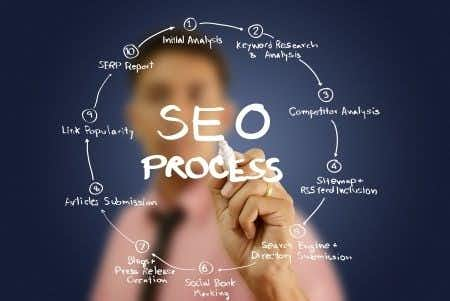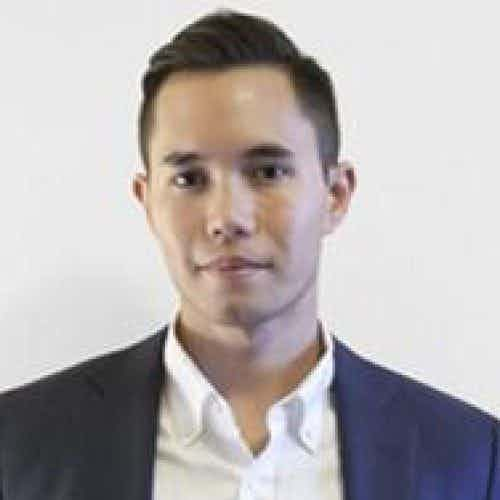Case: Campmor, Inc. v. Brulant, LLC, 2013 U.S. Dist. LEXIS 57867 (D.N.J. Apr. 23, 2013)
Background:
Campmor, a retailer of camping and recreational equipment, hired Brulant to upgrade its e-commerce website service, content management database and enhance their SEO (Search Engine Optimization) strategy. The goal of SEO is to increase targeted organic search traffic on the internet by optimizing the website for search engines; this involves editing a website’s content and code to increase its relevance to specific keywords, optimizing various aspects of the client’s website and to remove barriers to the indexing activities of search engines. The updated website was launched in March 2009. Campmor alleged that the resulting website was riddled with network security problems and the website’s SEO visibility diminished. In June of 2009, Campmor terminated the SEO portion of its contract with Brulant and assigned its SEO work to another vendor. Campmor retained a company called Net Concepts to prepare an SEO audit, which took the form of a PowerPoint presentation that identified existing SEO issues and strategies for SEO growth.
SEO Expert Witness:
Brian Cooper was Plaintiff Campmor’s SEO expert witness on the subject of SEO. Cooper is an SEO consultant for OpenMoves Inc, a company that provides personal online retail marketing.
Mr. Cooper prepared his first expert witness report in November 2010. Brulant moved to strike that report and the Court held a Daubert hearing on July 13, 2011. The Court concluded that Mr. Cooper was qualified on the subject of SEO, but his conclusions were too cursory and his methodology was vague. Mr. Cooper submitted a supplemental report on August 17, 2011.
The second report was longer, provided more explanation about SEO “best practices” and contained more footnote citations to Google documents—including the Google’s Search Engine Optimization Starter Guide (“Google Starter Guide”), which Mr. Cooper called “the single most authoritative publication on fundamental SEO strategy.” Like the first report, the second report concluded that Brulant failed to meet SEO “best practice” standards.
Daubert Challenge:
Brulant again motioned to preclude the expert testimony of Mr. Cooper, arguing that the supplemental report did not adequately address the Court’s concerns about Cooper’s methodology.
First, Brulant argued that Cooper’s methodology was flawed because his expert opinion was based upon the SEO Audit Report that was prepared by Net Concepts, Campmor’s paid consultant. Second, Brulant objects to Mr. Cooper’s reliance on the 2010 Google Starter Guide to define SEO “best practices.”
Conclusion:
The Court denied Brulant’s motion to preclude the testimony of Brian Cooper as an SEO expert witness.
As far as Brulant’s argument about the SEO Audit Report, the Court conceded that there are instances where the data underlying the expert’s opinion is “so unreliable that no reasonable expert could base an opinion on them” and “the opinion resting on that data must be excluded.” Here, however, the court believed that the SEO Audit Report was not data that was so unreliable that no reasonable expert could rely on it. Because Mr. Cooper relied mainly upon information from these Net Concepts SEO Audit Reports, his expert reports were not to be excluded.
Additionally, Mr. Cooper had experience working on SEO for numerous websites and he had specialized knowledge on this very technical subject matter. A person of Mr. Cooper’s qualifications could look at the data contained in the SEO Audit Report and provide testimony that would be helpful to a fact-finder.
The Court then addressed Brulant’s objection to Cooper relying on the Google Starter Guide. Mr. Cooper’s expert testimony went to whether Brulant’s SEO work for Campmor.com deviated from “best practice” standards. As for what defines “best practices” within the SEO industry, Mr. Cooper relied upon Google Starter Guide, which he called “the single most authoritative publication on fundamental SEO strategy.”
Defendant Brulant argued that Mr. Cooper’s testimony should be excluded because he improperly cited to a version of the Google Starter Guide that was published in 2010, after Brulant was terminated from SEO work on Campmor.com. The defendant believed that Cooper should therefore have relied upon the 2008 version of the Google Starter Guide, which used the term “good practices” instead of “best practices” in the SEO industry.
The Court believed that the contents of the 2010 Google Starter Guides clearly spoke directly to the issue of “good practices” for SEO despite using the term “best practices”, and Mr. Cooper’s reliance on the guide met the requirements of Daubert for the reliability of data a reasonable expert can rely on. The court therefore refused to exclude the expert testimony.
About the author
Michael Morgenstern
Michael is Senior Vice President of Marketing at The Expert Institute. Michael oversees every aspect of The Expert Institute’s marketing strategy including SEO, PPC, marketing automation, email marketing, content development, analytics, and branding.

